Sleep is a fundamental pillar of health, essential for both physical and mental well-being. While many factors influence sleep, one of the most crucial is melatonin, a hormone that regulates our sleep-wake cycles. Melatonin is produced naturally in the brain in response to darkness, helping signal to our bodies that it’s time to wind down and prepare for rest. However, in today’s fast-paced world filled with artificial light and screens, many people struggle with getting adequate sleep, and understanding melatonin’s role could be key to improving sleep quality and overall health.
What is circadian rhythm?
Circadian rhythm is the name given to the physical, mental and behavioural patterns that occur in our bodies over 24-hours. Our sleep-wake cycle is the most well-known pattern that functions like an internal clock and it follows the rising and setting of the sun. It determines how sleepy or alert we are throughout the day and night. The hormone melatonin has a significant role in this process.
The importance of melatonin (and serotonin)
Melatonin is a hormone made naturally in the body. It is produced in the pineal gland in the brain as the sun sets. The pineal gland receives information about the day-night cycle from the retinas in our eyes. The body needs sufficient light during the day at eye level to stimulate the retinas, alerting the brain to produce serotonin. If we don’t have sufficient levels of serotonin in the day, the pineal gland isn’t able to produce enough melatonin at night for good quality sleep.
Melatonin levels over a lifetime
Interestingly, newborn babies don’t produce their own melatonin. They get it from the placenta before they are born, then through breast milk after birth. A melatonin cycle begins to appear in babies around the age of two to three months old.
Melatonin levels increase through childhood, reaching a peak before puberty. Once puberty hits, there is a steady decline in melatonin production before it levels out in teenage years. Levels are stable until we reach about 40 years of age, then it starts to decrease again.
By the time we are 90, our melatonin levels are 20% less than those of a young adult. Unfortunately, it is very common for the pineal gland to become calcified with age and less able to make melatonin. Cataracts can also cause issues with light detection as we age, interfering with melatonin production. These are some of the reasons more people have sleep issues as they get older.
Should I use melatonin?
There are ways to improve your own natural melatonin first:
- One of the best ways to increase melatonin levels at night is to increase serotonin levels during the day by being outside in bright natural light. Even on a cloudy day, outside light will be much brighter than indoor light.
- Light at night inhibits melatonin. Wavelengths of light in the ranges of 460 to 480nm (blue light) can tell the pineal gland not to produce melatonin. Exposure to electronic screens and LED bulbs at night can suppress melatonin. Stay off electronics or use “night mode” at least two hours before bed.
- Irregular schedules can interfere with the quality and quantity of sleep. Maintain a regular schedule – try to go to bed at the same time each day for optimal melatonin levels. Things like eating at different times and exercising too late in the day can also delay the release of melatonin.
- Consuming alcohol and caffeine at night can suppress melatonin.
- Chronic alcohol use can delay the natural rise in melatonin at night and decrease overall melatonin levels.
If you have tried all of these lifestyle options and sleep is still proving to be an issue, it might be worth trialing a course of melatonin, and seeing if it helps.
How does melatonin help with sleep?
Some studies have shown that melatonin can:
- increase sleep quality
- reduce sleep latency (the time it takes to fall asleep)
- increase total sleep time
- decrease night awakenings.
Where do I get it from?
Melatonin is used as a treatment for sleep problems like insomnia.
In many countries overseas, melatonin is considered a dietary supplement and is freely available from health food stores, pharmacies and online.
However, in New Zealand you can only obtain melatonin on a prescription. It is also available in some pharmacies for people over the age of 55 (for a period up to 13 weeks) after a consultation with a pharmacist. Melatonin is not funded in these instances.
Melatonin is funded if prescribed for persistent and distressing insomnia in children under the age of 18 who have neurodevelopmental disorders such as ADHD and ASD, conditions that make it harder to sleep.
Side effects and interactions
While melatonin is a relatively non-toxic medication, it can interact with other medicines such as blood thinners (warfarin) or estrogen-containing medications. It needs to be taken with or just after food. Common side effects are:
- feeling sleepy or groggy in the morning
- daytime tiredness
- stomach ache, nausea
- dizziness
- irritability
- restlessness
- dry mouth
- dry, itch skin
- strange dreams, night sweats.
Some side effects can resolve with time, or with a decreased dose.
Melatonin isn’t a magic bullet, as there are so many factors involved in having a good night’s sleep, but it can be very helpful for some people. Your prescriber or pharmacist can give advice on whether melatonin is a safe option to try and find the best formulation that works for you.
This blog provides general information and discussion about medicine, health and related subjects. The information contained in the blog and in any linked materials, are not intended nor implied to be a substitute for professional medical advice.








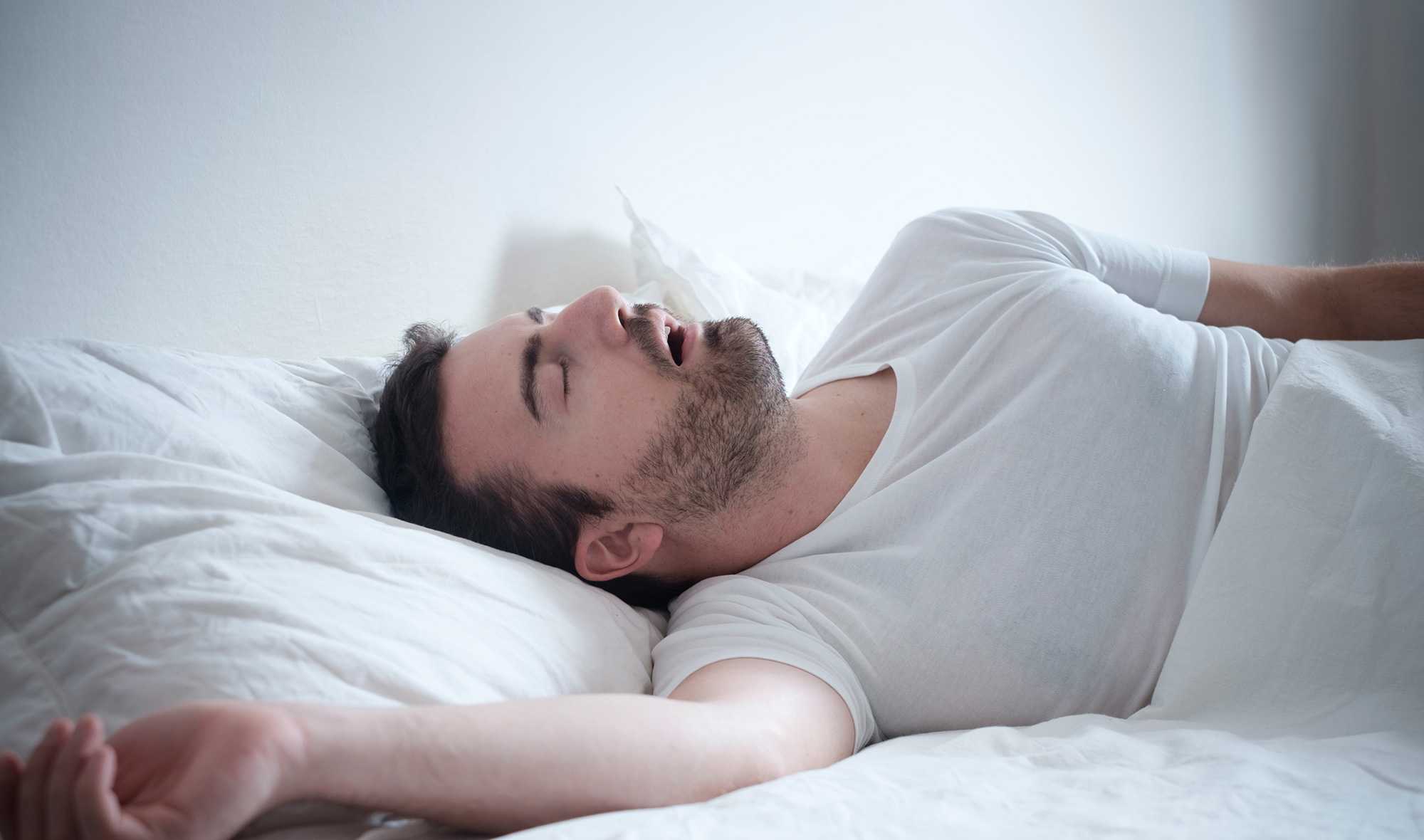
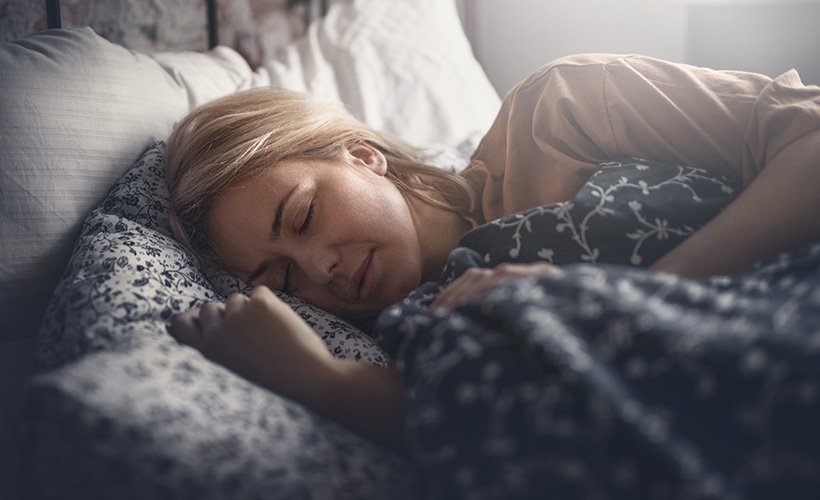
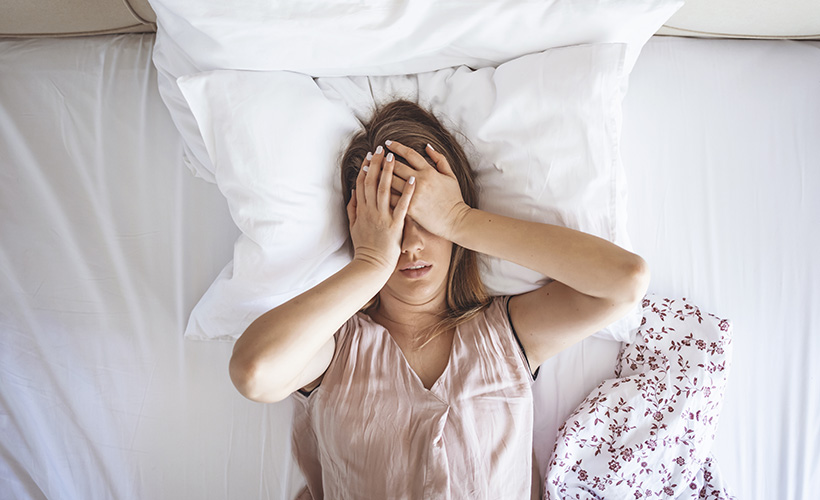
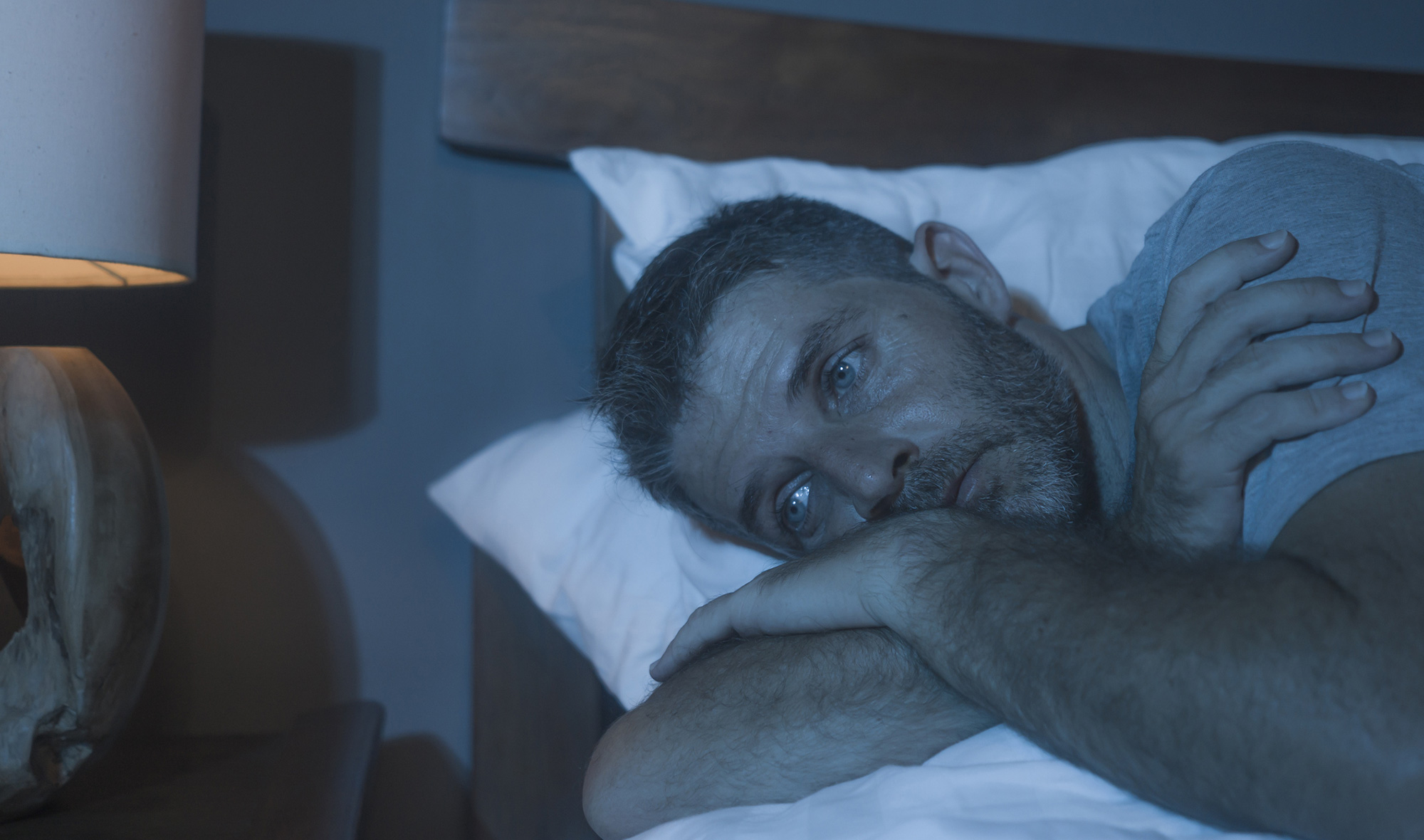


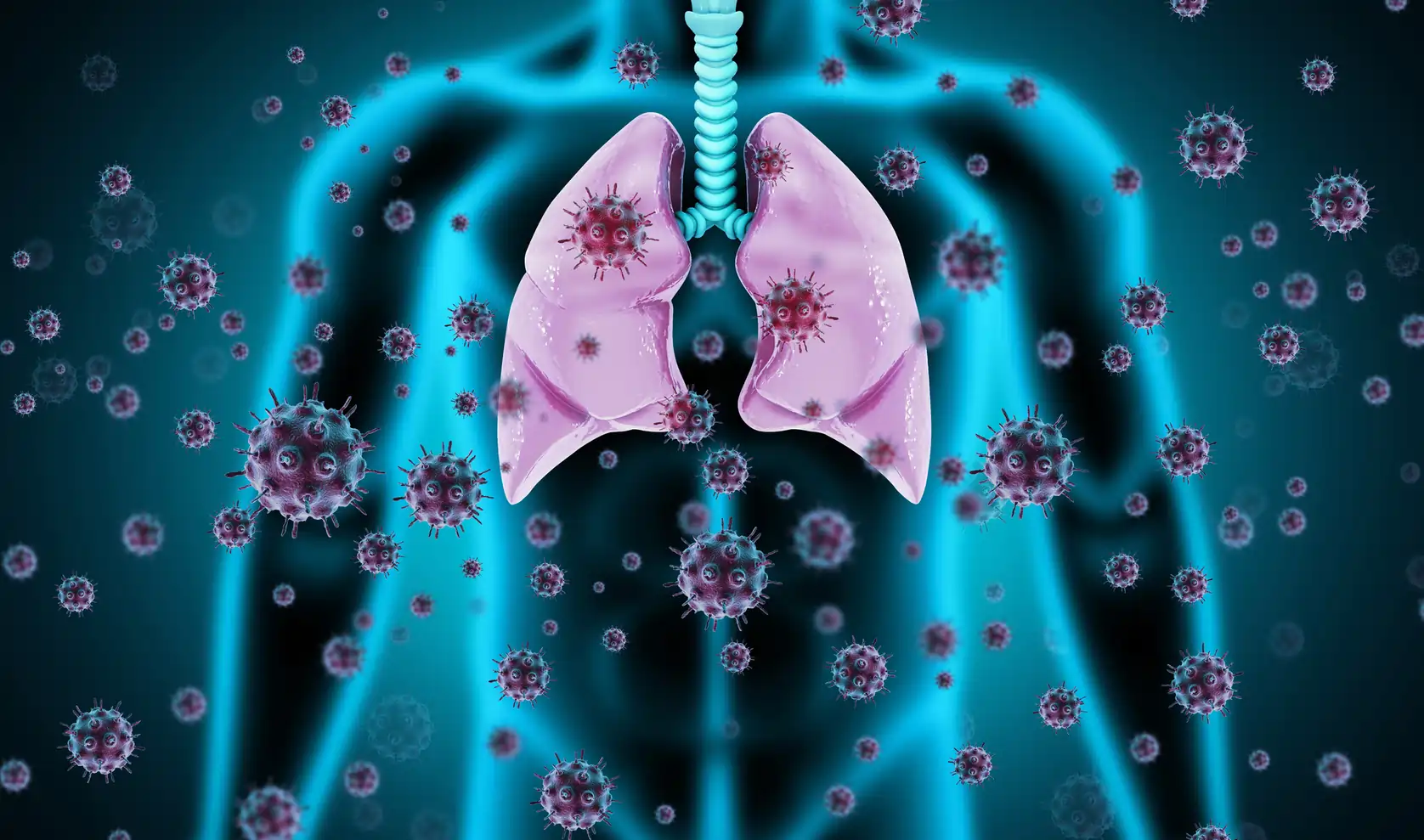
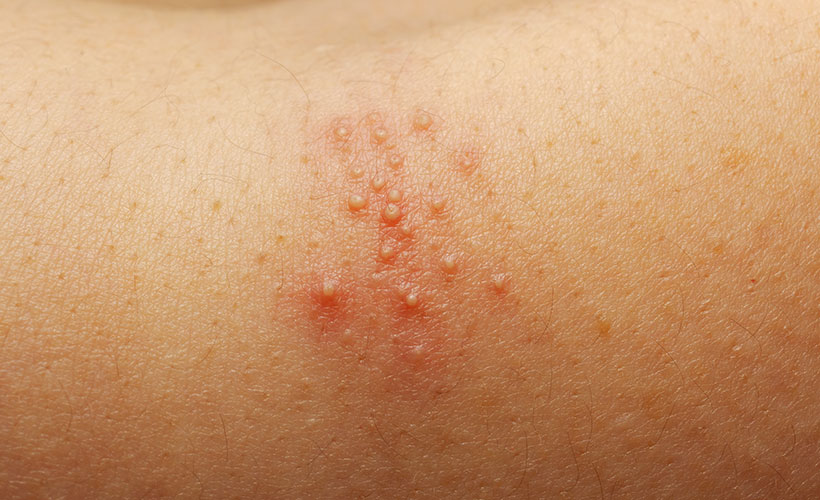


Community